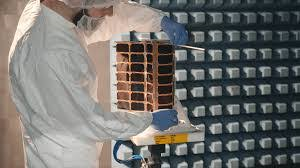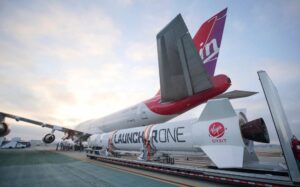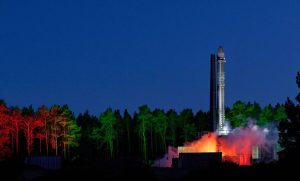Spire Built Two of the Three British Satellites to Launch Soon
8th Jul 2021
Three British satellites will soon join the numerous constellations in Low Earth orbit. They have the latest and best technology to come from the UK. These serve two essential purposes.
First, the sats will play a crucial role in keeping an eye on and handling climate change. The whole world is grappling with this ever-increasing matter. Second, the three will help with wildlife conservation, especially tracking animals on the endangered list.
The UK Space Agency continues to support the space industry, especially by offering financial assistance. The innovation shown by these companies is due to financial backing to the tune of £15 million. The amount is granted by a Pioneer Partnership Programme of the European Space Agency.
The money was to develop three satellites that would launch from Florida. It’s the location of the NASA Kennedy Space Centre.
Three British Satellites to Play Crucial Roles
The sat will use Lacuna sensors that can fit on the palm of your hand and hold a battery charge for years. This is crucial when tracking and monitoring wild animals and the environment from space and communicating the data.
Spire built two of them, which will use ISL (inter-satellite links) technology. This is crucial since it will revolutionise how fast sensitive data will be transferred. That way, constellations in space will link together to become integrated networks.
The integrated network’s benefit is the faster delivery of large data packets worldwide. This includes rural and remote locations, including the sea. The data will help improve analytics of the environment and wildlife.
Spire has the full backing of the UK Space Agency in terms of funding. The funds enable the Glasgow-based company to develop innovative technologies for the production of the British satellites.






Thank you for your comment! It will be visible on the site after moderation.